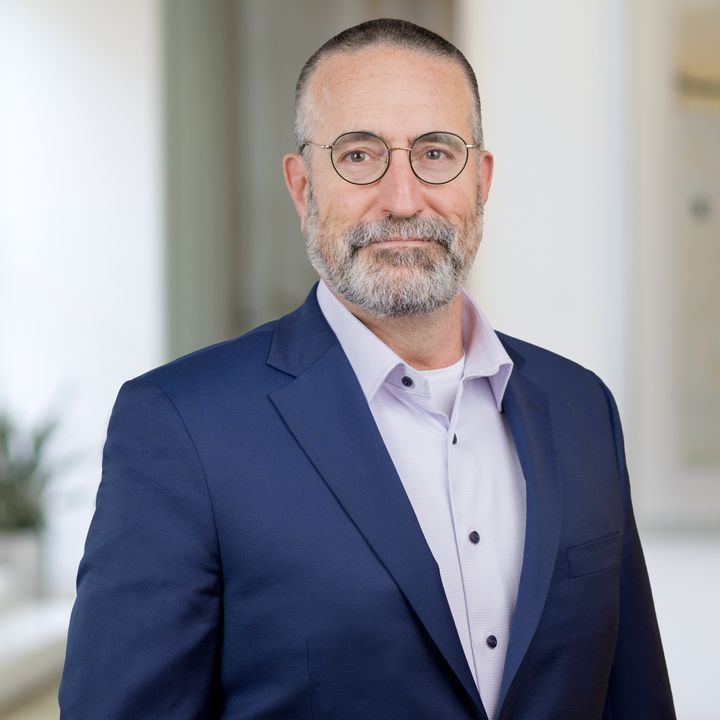House Subcommittee Hearing on TSCA Highlights Weaknesses in Current Chemicals Law
Client Alert | 4 min read | 09.23.13
The House of Representatives continued its long march toward consideration of chemical reform legislation last week, with another hearing examining the deficiencies of the current Toxic Substances Control Act (TSCA).
The Energy and Commerce Committee's Subcommittee on Environment and the Economy held a hearing on Wednesday, September 18th, specifically focused on TSCA Sections 6 and 18, which address the Environmental Protection Agency's (EPA) authority to restrict chemicals of concern, and preemption of state regulation, respectively.
In his opening statement, Subcommittee Chairman Shimkus (R-IL) expressed his interest in getting to revise a law that most everyone agrees needs to be updated. Ranking Member Tonko (D-NY) expressed concerns that TSCA currently does not work well, highlighting in particular the need for more information on chemicals that are in commerce. Rep. Tonko noted the important role of states in filling the void when chemicals go unregulated at the federal level, while also acknowledging industry's need for regulatory certainty.
Witness Testimony
The witnesses were a mix of industry representatives, current and former regulators, and public interest representatives.
- Mark A. Greenwood, Principal, Greenwood Environmental Counsel PLLC. His testimony focused on Section 6 of TSCA, giving context to its relative lack of use over the past 37 years, including the effect of the 5th Circuit asbestos decision Corrosion-Proof Fittings, et al. v. EPA. Mr. Greenwood noted that any amendment to Section 6 will need to consider the role of cost-benefit analysis in imposing restrictions on chemicals. He also suggested that Congress examine whether all of the procedural requirements in Section 6 are still needed today.
- William K. Rawson, Partner, Latham & Watkins, LLP. Mr. Rawson also focused on Section 6 of TSCA, noting that Section 6 currently places the burden on EPA to demonstrate why restrictions on a chemical are needed. In his view, the Corrosion-Proof Fittings decision, rather than demonstrating TSCA's "brokenness," demonstrates the need for carefully considered regulation. Mr. Rawson did not advocate changing Section 6 just to make it easier for EPA to regulate chemicals; instead, he urged EPA to address a backlog of assessments on existing chemicals. With respect to preemption, Mr. Rawson testified that the current provision is not so different from other statutes. He suggested that TSCA's preemption provision has not been used a great deal due to relative inaction by EPA under Section 6 and states' general hesitation to regulate chemicals.
- Jennifer Thomas, Alliance of Automobile Manufacturers. Ms. Thomas' testimony highlighted the automobile industry's discontinued use of asbestos, mercury, lead, and other chemicals of concern in automobile manufacturing. She stated that the industry supports modernizing TSCA, but emphasized the need for a strong federal regime to avoid a patchwork of state regulations. She also expressed the auto industry's support for continued exemption of manufactured articles from regulation, but asked Congress to make the exemption statutory.
- Justin Johnson, Deputy Secretary, Vermont Agency for Natural Resources. Mr. Johnson testified that any TSCA revision should not contain preemption provisions any more expansive than those currently in place. In addition, he argued that the burden should rest with chemical manufacturers, not EPA, to show that chemicals are safe. Mr. Johnson testified that TSCA revisions should allow EPA to more easily restrict a chemical's manufacture or use, and he also urged EPA to act on the backlog of chemicals awaiting action. In addition, Mr. Johnson commented on the need for states to have access to confidential business information (CBI) to adequately protect their citizens.
- Lemuel M. Srolovic, Chief, Environmental Protection Bureau, NY State Office of the Attorney General. Mr. Srolovic's testimony highlighted New York's efforts to regulate chemicals of concern. He emphasized that states and the federal government should be able to work together on chemical regulation, while at the same time pushing EPA to get through its current backlog of chemical assessments.
- Linda Reinstein, President/CEO and Co-Founder, Asbestos Disease Awareness Organization. Ms. Reinstein's testimony focused on the failure of TSCA to adequately regulate asbestos, despite the material's well-known adverse effects.
Questions from the Panel
The questions from the panel were wide-ranging but non-hostile. While there were certainly some "agenda" questions from members, with Republicans querying how to strengthen the preemption provision and Democrats focusing on the positives that state action can provide, for the most part the questions were genuinely concerned with how to improve TSCA.
Summary
Overall, it appears that the Subcommittee agreed that something must be done with regard to TSCA with Chairman Shimkus expressing his enthusiasm at the prospect of revisiting a statute long overdue for revision. With respect to the restriction of chemicals under Section 6, sticking points seem to include the use of the cost-benefit analysis and possibly the safety standard to be applied in regulating chemicals. With respect to preemption, it appears unlikely that the current preemption provision will be weakened, and there may be serious proposals on how to strengthen it.
Insights
Client Alert | 6 min read | 04.23.24
Update on Singapore’s Cybersecurity (Amendment) Bill 2023
The Cyber Security Agency of Singapore (CSA) is currently in the process of introducing the first ever amendments to its Cybersecurity Act (CS Act) 2018 via the Cybersecurity (Amendment) Bill. Through these Amendments, CSA is looking to account for advancements in Singapore’s technology and business landscape since 2018. It is also hoping to holistically enhance the cybersecurity of not only the country’s critical information infrastructure (CII) but also other digital infrastructure important for Singapore’s economy.
Client Alert | 3 min read | 04.22.24
Client Alert | 1 min read | 04.18.24
GSA Clarifies Permissibility of Upfront Payments for Software-as-a-Service Offerings
Client Alert | 4 min read | 04.18.24




